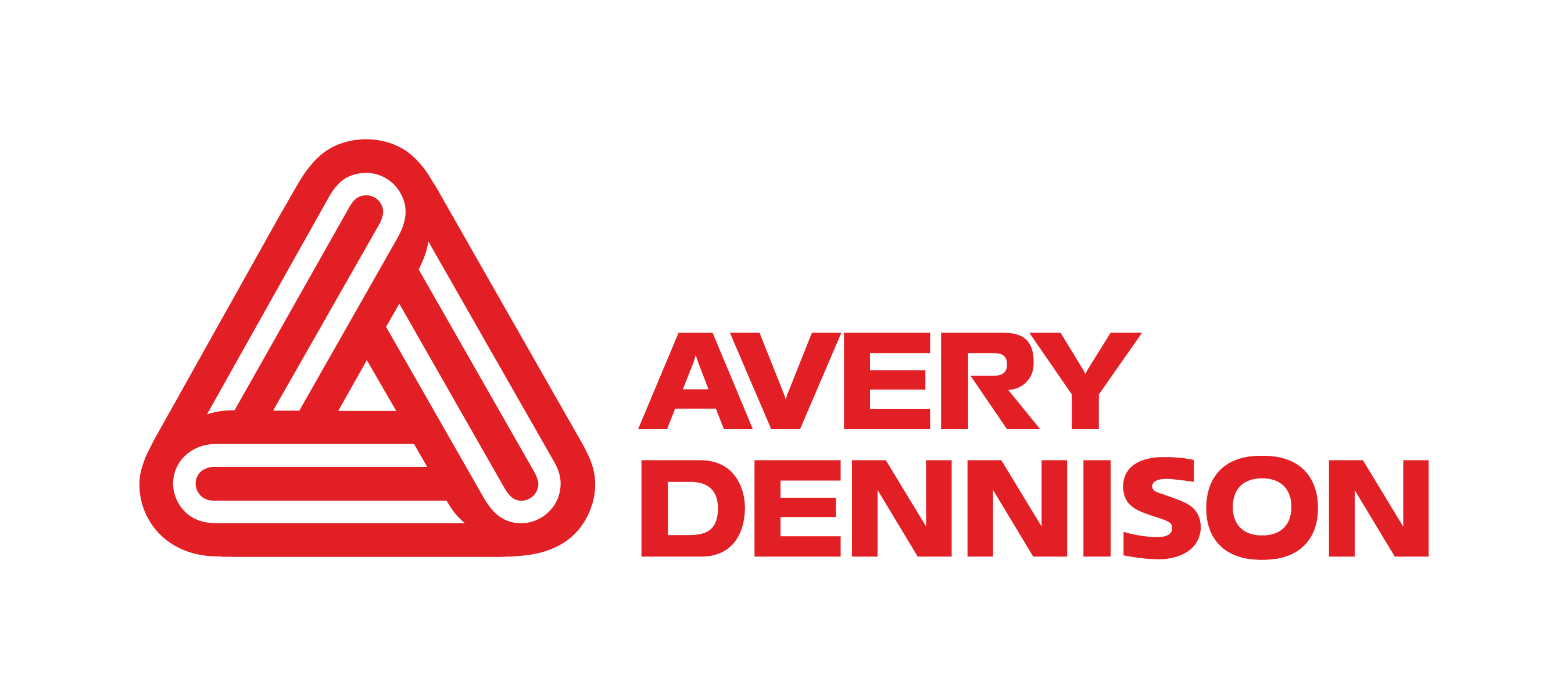Reduce Usage of Virgin Materials
It is crucial for environmental sustainability to reduce reliance on new raw materials to minimize waste, conserve natural resources, and lower the carbon footprint associated with production processes.
Avery Dennison's sustainable label range comprises facestocks, adhesives, and liners with recycled or renewable materials, reducing dependence on virgin resources without compromising quality, performance or aesthetics. For instance, our premium paper labels, popular in wine, spirits, and craft beer, feature materials made from sugar cane waste or recycled fiber. Our films contain a minimum of 30% recycled PP or PE, alongside PET solutions boasting 100% recycled content.
In order to reduce the usage of virgin materials, it is also important to use only what’s necessary. Our line of reduced solutions offers facestocks and liners that are made thinner than those conventionally used in packaging, or labels that eliminate liners completely. AD XeroLinr DT™ is our linerless direct thermal label designed for variable information printing in industries like quick service restaurants, retail, logistics, and ecommerce. This label is made without the liner which minimizes raw material usage, increases the number of labels per roll, thereby reducing transportation and its packaging needs, and eliminates liner waste entirely.
Additionally, Avery Dennison takes a comprehensive approach to manage label waste through our recycling program, AD Circular. This initiative focuses on recycling used liner and matrix, thus further mitigating environmental impact by diverting waste from landfills and encouraging the use of recycled materials.
Climate Change Mitigation:
Reducing greenhouse gas emissions is crucial for combating climate change. The use of fossil fuels in manufacturing — from extraction and transportation to burning and processing — impacts our climate in alarming ways that is pressing global organizations to act. Advancements in PS technology can lessen reliance on extracting from nature, reduce the emission of harmful gasses and minimize waste. Furthermore, the Avery Dennison Carbon Footprinting Tool provides additional support by enabling the selection of sustainable labels based on a reliable and transparent calculation method, empowering converters and brands to make well-informed choices.







